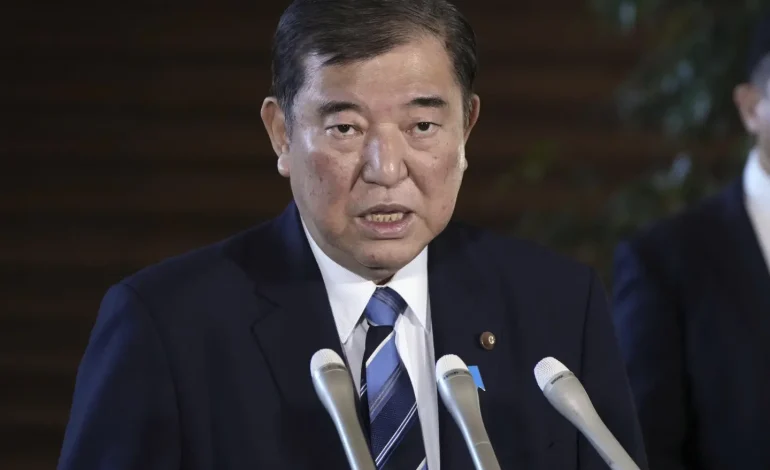Japanese Prime Minister Shigeru Ishiba embarked on a visit to Malaysia and Indonesia on Thursday, signaling a concerted effort to bolster defense and economic partnerships in Southeast Asia amid growing concerns over China’s increasing assertiveness in the region, The Associated Press reports.
This trip, his first for bilateral talks outside of international summits, underscores Japan’s commitment to strengthening ties in the region, especially given the potential for a reduced US presence under the incoming Trump administration.
The selection of Malaysia and Indonesia for Prime Minister Ishiba’s visit highlights their strategic importance. As maritime regional powers strategically located near vital shipping lanes, both nations are crucial to Japanese and global security and economic interests. They also share concerns about China’s increasingly assertive actions in the South China Sea and the wider region.
On Friday, Ishiba is scheduled to meet with Malaysian Prime Minister Anwar Ibrahim. Discussions are expected to center around enhancing security cooperation and ensuring the stability of critical supply chains. Malaysia currently holds the chairmanship of the Association of Southeast Asian Nations (ASEAN), further amplifying the importance of the meeting for regional stability and cooperation.
The following day, Saturday, Prime Minister Ishiba will meet with Indonesian President Prabowo Subianto. A key outcome of this meeting is expected to be the signing of an agreement for Japan to provide high-speed patrol boats to Indonesia. Both Ishiba and Subianto are former defense ministers, and their talks are anticipated to focus heavily on expanding military cooperation and potential arms transfers between the two nations.
The strategic significance of Ishiba’s trip cannot be overstated. With the possibility of a shift in US foreign policy under President-elect Donald Trump, who has previously hinted at a reduced American presence in the Asia-Pacific region, Japan is taking steps to deepen its relationships with key Southeast Asian partners. This proactive approach demonstrates Japan’s commitment to maintaining regional stability and countering China’s growing influence.









